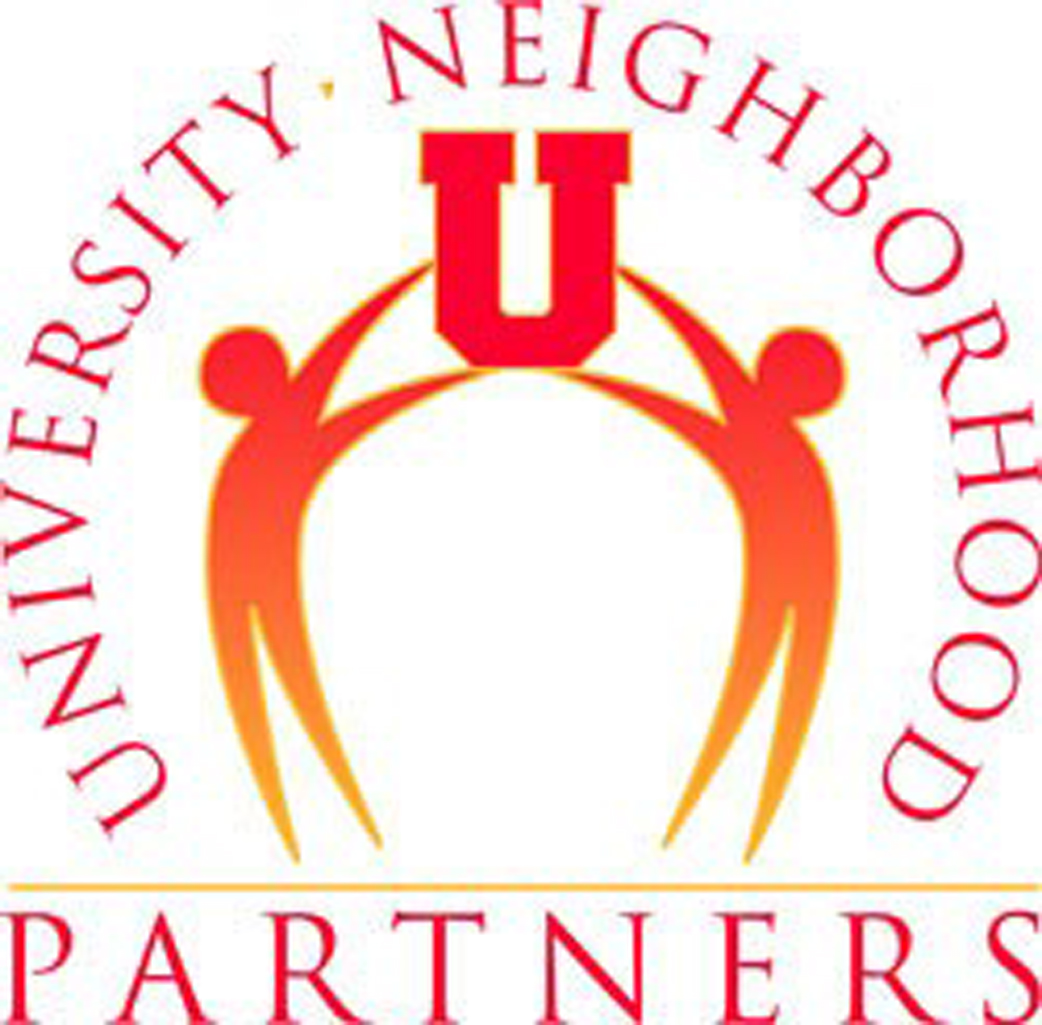
June 7, 2013 — University Neighborhood Partners, a department of the University of Utah invites the university community and residents of west Salt Lake to join them for dinner and activities at local neighborhood parks this summer, beginning June 18 at Jordan Park. A six-week program, Partners in the Park aims to encourage and promote higher education to the youth, acquaint residents with the university and strengthen community engagement.
“Partners in the Park helps connect the U with westside residents and non-profit agencies in a fun and informal way,” said Teresa Molina, associate director of University Neighborhood Partners. “These first interactions often create an opportunity to more openly discuss continuing education after high school, and help to begin addressing obstacles early on. For many, Partners in the Park is the first step on a pathway to higher education.”
At the kick-off event to be held June 18 at Jordan Park, seven scholarships will be awarded to deserving community members who have overcome many obstacles on their path to higher education. Scholarships are provided by private donors and the University of Utah Alumni Association.
Each event begins at 6 p.m. and includes a free picnic dinner with activities for children and adults. Families will enjoy crafts, raffles, relay races and face painting provided by the U, local agencies and residents. Information on ways to access health services, health insurance and healthy habits will be also provided.
Schedule of events:
June 18 at 6 p.m.: Jordan Park, 1060 S. 900 W.
June 25 at 6 p.m.: Riverside Park, 739 S. 1400 W.
July 9 at 6 p.m.: Sherwood Park, 400 S. 1500 W.
July 16 at 6 p.m.: Rose Park Elementary, 1125 W. 1000 N.
July 30 at 6 p.m.: Poplar Grove Park, 800 S. 1200 W.
August 6 at 6 p.m.: Constitution Park, 300 N. 1200 W.
About University Neighborhood Partners
University Neighborhood Partners brings together the University and westside community resources for reciprocal learning, action and benefit. UNP sets out to address historical inequity by understanding systemic barriers that have prevented access to higher education and to rewrite that history so residents of the westside see themselves as holders and creators of knowledge.
